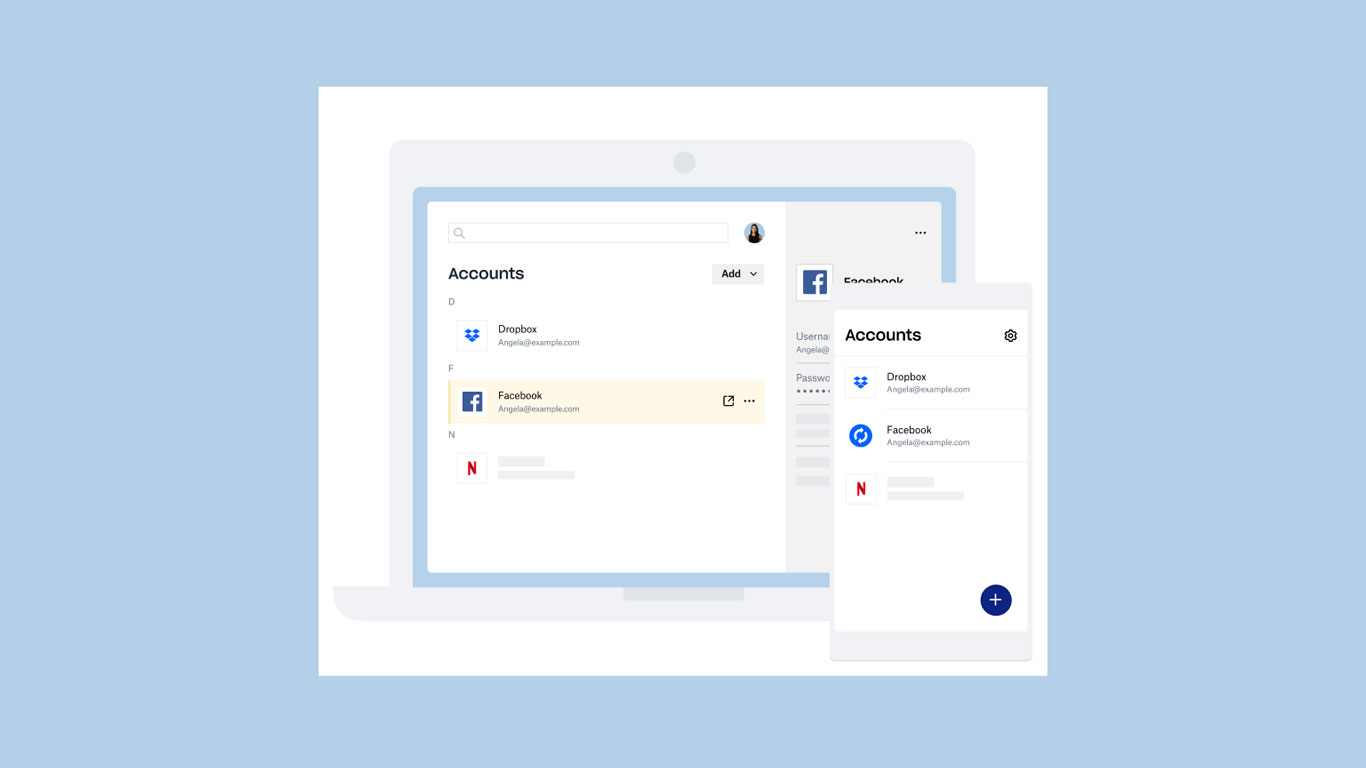Localizing Internet services seems to be a thing lately as Dropbox today announced that it has added support for six more languages. Starting today, Dropbox can be used in Indonesian, Malaysian, Traditional and Simplified Chinese, Russian, and Polish, across all versions with the exception of iOS. Additional language support for iOS will come later. Just the other day we reported that Cubie has also added Indonesian language support.
Over the last three years, the Yahoo TNS Net Index has shown consistency in the list of popular activities by Indonesian Internet users in that the top ten has always been dominated by social network activities, email, and news reading. It’s very rare to see work-related activities on that list unless emailing and text messaging are considered as such.
As more and more Indonesians become aware of the extent of the Internet’s many services and functions, they will explore these non-social network services. People will realize that the Internet isn’t just a place to chat, stalk, post status updates, or share photos.
While the most of the early majority of Indonesian Internet users are familiar with English, many are more comfortable to converse and interact using Indonesian. On the other hand, when it comes to user interfaces, English is predominantly used. Back in 2010, 80% of the Mozilla Firefox installs in the country are of the English variety, only 16% in Indonesian. A similar ratio was found when comparing installations of Windows. Despite this lopsided disparity, mobile phone vendors such as Samsung and Sony are including not only Indonesian in its devices, but also Javanese and Sundanese, in recognition of the speakers of those regional languages.
As the range of population segments which embrace technology and the Internet grows, so does the diversity and it may be well worth the effort to recognize this diversity by adopting the popular local languages. A far greater percentage of the population do not speak or understand English enough to be confident in using online services, so one way to address this segment is to deliver in the local language.
Google, Apple, Yahoo, BlackBerry, Facebook, and Twitter, are among the major International technology companies which have added Indonesian into their selection of languages within their products and they’re among the widest adopted brands in the country. Head of Plasa MSN, Wicaksono, better known as Ndoro Kakung, said that it’s quite important for foreign products to be made available in Indonesian when they enter the country. He did not provide a specific reason but pointed at Facebook and Twitter as companies which have had significant growth in the country in terms of usage and popularity after they added Indonesian into their language options.
Messaging services such as KakaoTalk, WeChat, and Line also provide notifications and updates in Indonesian whether it’s from themselves or from celebrity profiles to deliver a more friendly and familiar interaction with the people who use their services. Kakao’s community manager for Indonesia, Joshua Kevin, said, “I think localization isn’t equal to language adaptation (only). Especially in Indonesia”, and that’s a very good point. Localization needs to go beyond simply translating apps and services, it needs to take into account local laws, customs, and practices as well.
Perhaps it’s also worth pointing out that in major Asian countries in which Internet adoption and usage have spread very widely, namely China, Japan, and South Korea, online services are being delivered with strong local flavors. Twitter Japan and Yahoo Japan are two of the most obvious examples of International services being delivered with local touches. Granted, localizing services is not the only factor but it plays a major role in getting the locals to be confident enough in using technology products.
And we haven’t even brought up the popularity of fried chicken and rice which forced Indonesia’s McDonald’s to serve them at its outlets.











